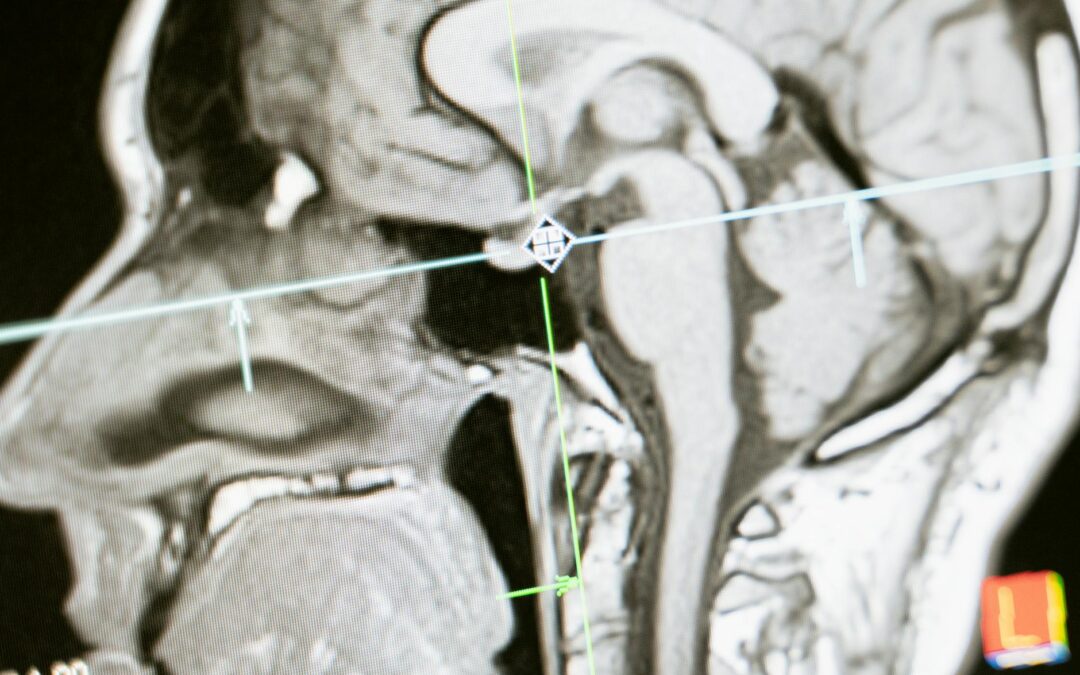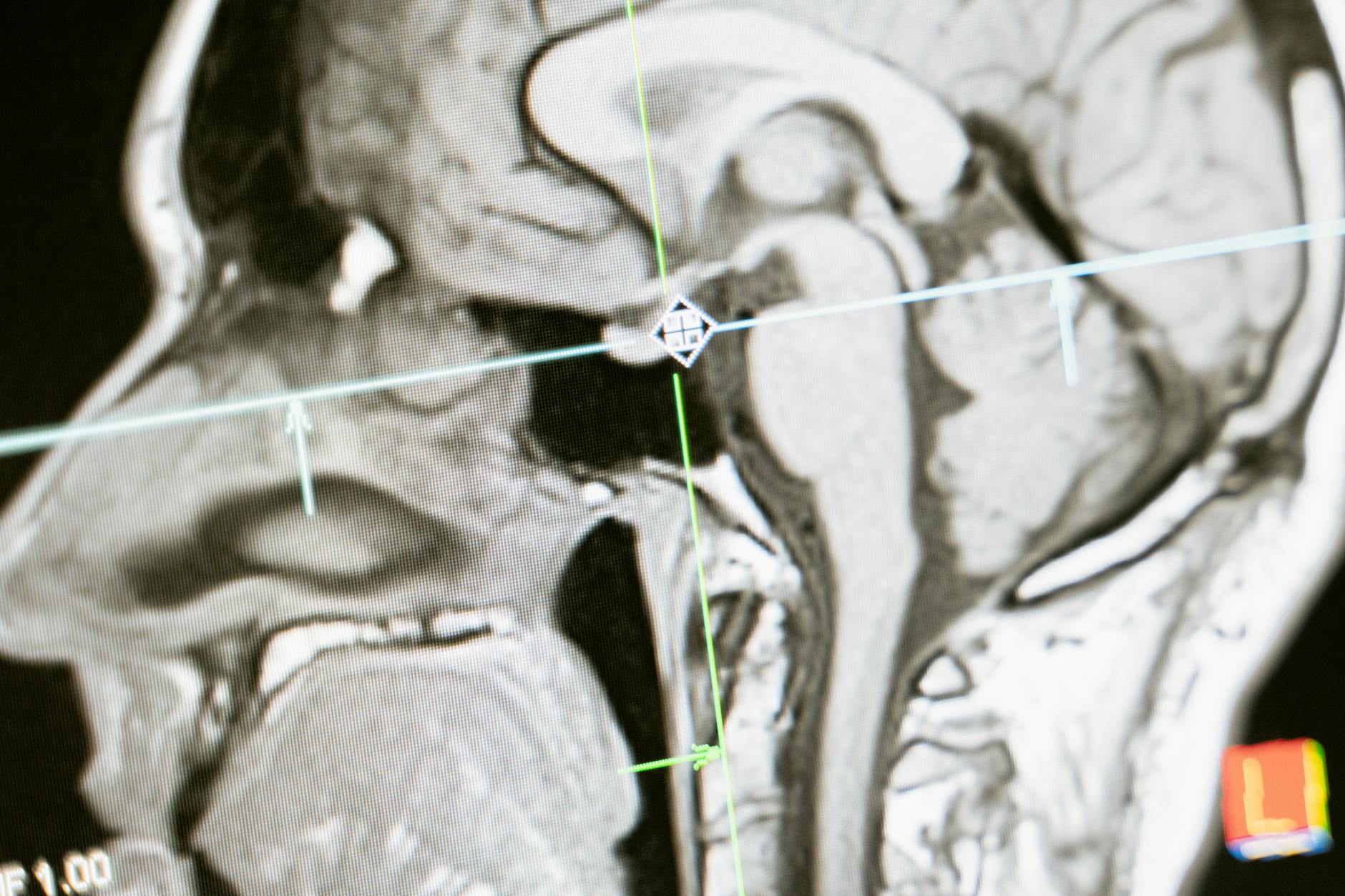Discover the groundbreaking role AI plays in revolutionizing healthcare through a captivating case study in medical imaging. Explore now!
Table of Contents
Imagine a future where machines can analyze medical images with greater accuracy than human radiologists. This may sound like science fiction, but with the advancements in artificial intelligence (AI), it is becoming a reality. In today’s blog post, we will delve into the world of AI in healthcare, focusing on a fascinating case study in medical imaging that showcases the immense potential of this technology.
Overview
Artificial intelligence, or AI, has transformed various industries, and healthcare is no exception. In the realm of medical imaging, AI algorithms are being developed to assist healthcare professionals in diagnosing diseases with greater precision and efficiency. By analyzing complex images such as X-rays, CT scans, and MRIs, AI systems can help identify abnormalities and expedite the diagnostic process.
Latest Trends
The latest trends in AI technology indicate a significant focus on improving medical imaging. Machine learning algorithms, in particular, are being trained on vast datasets of medical images to enhance their diagnostic capabilities. Additionally, advancements in computer vision are enabling AI systems to recognize patterns and anomalies in images with unprecedented accuracy.
Case Study
One standout case study in the application of AI in medical imaging comes from a renowned healthcare institution that implemented an AI-driven system to analyze mammograms for the early detection of breast cancer. The AI algorithm was trained on a vast dataset of mammogram images, and its performance was compared to that of experienced radiologists.
The results of the study were groundbreaking – the AI system exhibited a higher sensitivity and specificity in detecting breast cancer compared to human radiologists. Not only did the AI system detect subtle abnormalities that were overlooked by the radiologists, but it also reduced the turnaround time for diagnoses, enabling patients to receive timely treatment.
Practical Tips
For healthcare professionals looking to leverage AI in medical imaging, there are several practical tips to consider. Firstly, it is essential to collaborate with data scientists and AI specialists to develop and implement robust AI algorithms tailored to the specific imaging needs of the healthcare institution. Additionally, ongoing training and validation of AI systems are crucial to ensure accurate and reliable results.
Future Outlook
The future of AI in healthcare is exceedingly bright, especially in the realm of medical imaging. As AI algorithms continue to evolve and improve, we can expect even greater precision and efficiency in diagnosing a wide range of diseases. Ethical considerations surrounding the use of AI in healthcare will also be paramount, ensuring that patient data is handled securely and confidentially.
Further Reading / Resources
For tech gurus interested in delving deeper into the world of AI in healthcare and medical imaging, there are a plethora of resources available. Online courses on AI and healthcare, as well as research papers and conferences, offer valuable insights into the latest developments and trends in this field. Additionally, joining AI-focused communities and forums can facilitate discussions and knowledge exchange with like-minded individuals passionate about driving innovation in healthcare.
As we look towards a future where AI plays a central role in revolutionizing healthcare, the possibilities are endless. By harnessing the power of AI in medical imaging, we can improve patient outcomes, streamline diagnostic processes, and ultimately save lives. The journey towards a smarter, more efficient healthcare system begins now, guided by the transformative potential of artificial intelligence.

